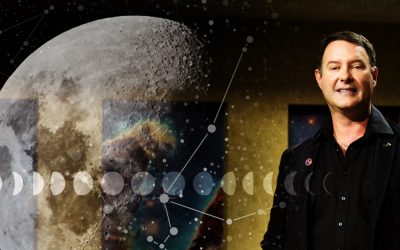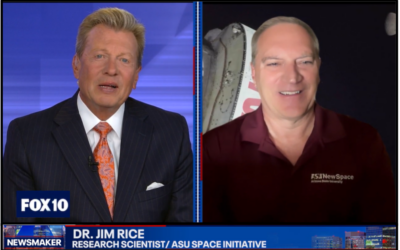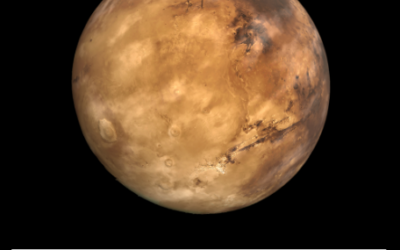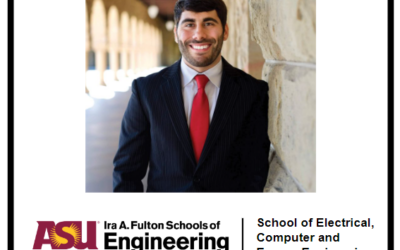Planetary Geologist Dr. James Rice Shifts His Focus Towards Commercial Space
Dr. James Rice is a planetary geologist by trade, so joining the ASU NewSpace team put him in a brand new field. NewSpace deals primarily with commercial space endeavours, something Rice didn’t have much experience with.
“It’s a challenge, but challenges are good,” Rice said. “They make you grow, they keep your blood flowing, keep you alive.”
Rice was brought on to the NewSpace team in December 2020 as an assistant research scientist. His job is to help foster partnerships between ASU faculty and students and the commercial space industry.
“For me it’s establishing these new partnerships with all faculty at ASU to get them involved and interested in working with all these companies that are popping up,” Rice said.
In addition to his duties with ASU NewSpace, Rice is a science liaison on the ASU Mastcam-Z team, which is responsible for the mast camera on NASA’s latest Mars rover, Perseverance. The Mastcam-Z team is headed up by NewSpace Director Jim Bell, a longtime friend and colleague of Rice.
Rice juggles his NewSpace responsibilities with his Mastcam-Z responsibilities, a task that often puts him at odds with Earth time.
“It’s been kind of weird the last month because we just landed a month ago and are living on Mars time,” Rice explained. “So last week I was on Mars work and I wasn’t really doing any NewSpace work.”
Now, Rice is transitioning back to Earth time to work with ASU faculty on upcoming research opportunities.
“For the next several weeks or months, I want to start contacting faculty members about the new NASA ROSES announcement and all the new proposals that were announced for the next year,”
NASA’s Research Opportunities in Space and Earth Sciences (ROSES) provides a wide range of proposal topics for ASU faculty to explore, and Rice is here to guide them through that process.
“It’s fun to introduce them to an arena of research that previously they probably didn’t really think about,” Rice said. “When you bring people with that kind of expertise that have mostly been working on terrestrial or Earth problems, bringing them into the space arena, you can learn a lot.”
Rice is excited to be able to help build teams and watch projects start from ground zero, something he didn’t always get to do when working as a scientist himself.
“To see something start from ideas and go into hardware and then actually fly, that to me is the epitome of what you want to do,” Rice said. “It’s a unique part of this job I’ve never really done before.”
Written by Reagan Priest for ASU NewSpace
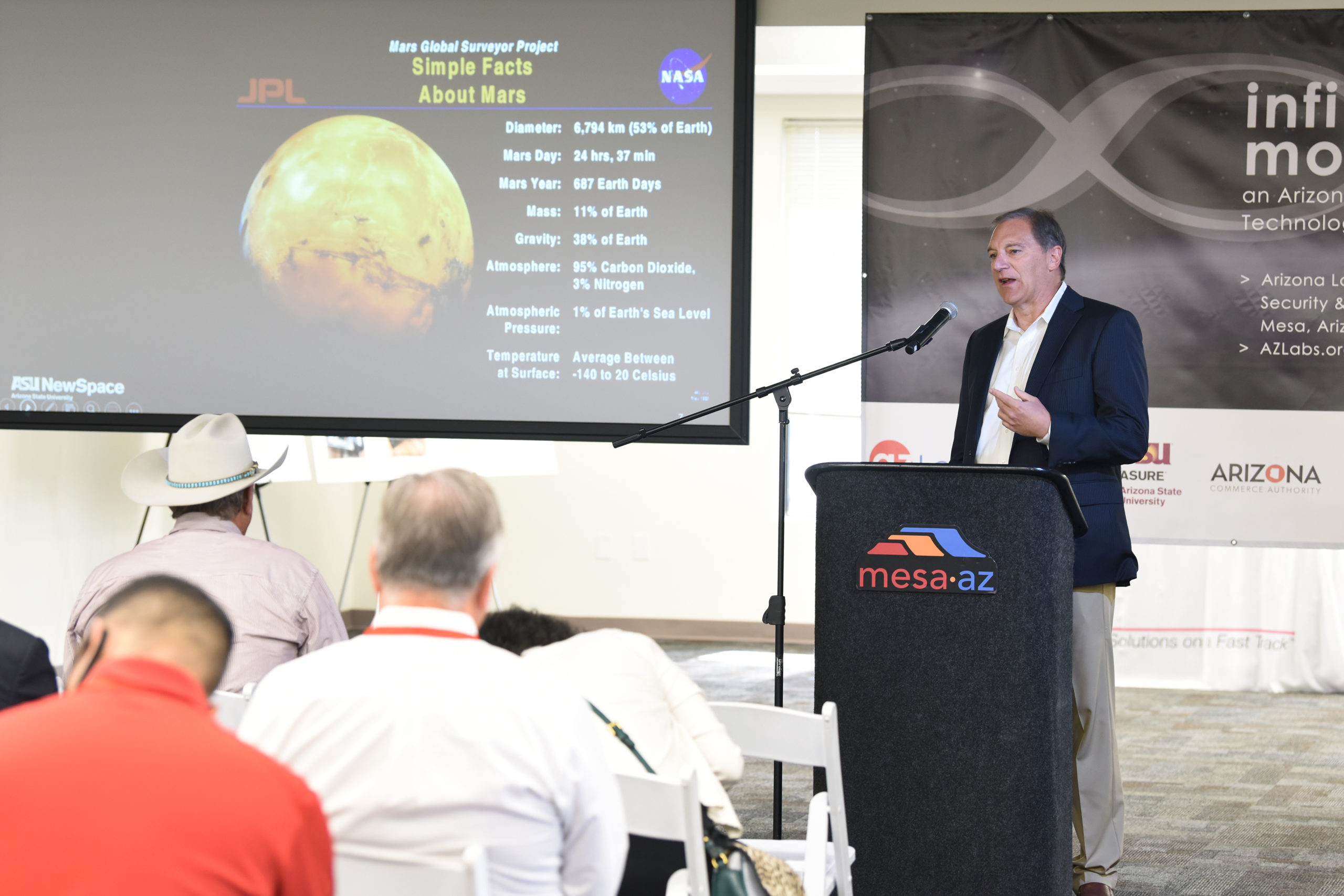
Related Articles
Is a weekend on the moon around the corner?
ASU professor Jim Bell talks about why deep space is the new economic frontier
Fox 10 News Speaks with Dr. Jim Rice on Government vs Privatization in the Space Realm
In this interview, @ASUNewSpace Associate Director Of Science And Research Dr. Rice explains the shifting dynamics of space exploration, and his excitement for Artemis lunar missions. #NASA #Artemis
ASU NewSpace congratulates Astrobotic on NASA’s Mars Exploration Program Selection
Professor @Jim_Bell, Director of ASU NewSpace, and fellow ASU Faculty, staff and students will partner with Astrobotic to complete two concept studies aimed to enable future science missions
ASU NewSpace Faculty Spotlight: Nick Rolston, Assistant Professor, At The ASU Fulton School of Electrical, Computer and Energy Engineering
Professor Rolston shares his passion for teaching and renewable energy, and the impact of @ASUNewSpace in support of faculty and student success at ASU @nickrolston, @rolstonlab


